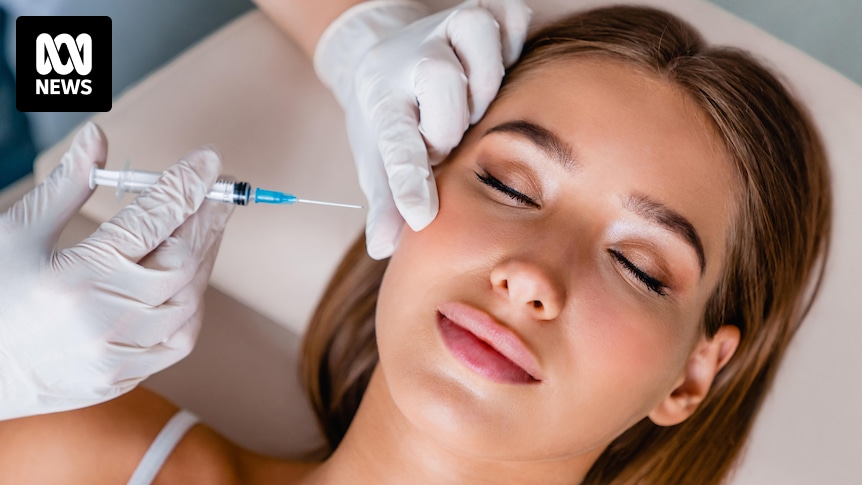
Cosmetic procedures have burgeoned into a multi-billion-dollar industry, propelled by social media influencers and offering a range of services from Botox to fat freezing. For years, nurses and dentists have been able to administer these procedures without formal additional education or training. However, new regulations have been introduced to better safeguard patients from potentially unsafe practices.
The Australian Health Practitioner Regulation Agency (AHPRA) has announced these changes, effective this month, aiming to prioritize patient welfare over business interests. But what do these changes mean for your next cosmetic appointment, and what are the most significant takeaways?
Understanding Cosmetic Injectables
Cosmetic injectables are non-surgical, minimally invasive treatments. Dr. Christopher Rudge, deputy director of Sydney Health Law at the University of Sydney Law School, describes them as “prescription-only substances” such as Botox injections and dermal fillers. The new rules extend beyond injectables to include:
- Thread lifts
- Laser treatments
- Body contouring
- Fat freezing treatments
- Skin procedures like dermabrasion and chemical peels
- Sclerotherapy for unwanted veins
- UV therapy
- Hair transplants
New Guidelines for Cosmetic Procedures
The AHPRA has released two sets of guidelines to enhance patient safety. The first set focuses on practitioner conduct within clinics, emphasizing additional training, informed consent, and safety assessments. Dr. Rudge highlights the introduction of mandatory patient suitability screenings, which involve a comprehensive evaluation of each patient’s concerns and motivations for seeking treatment.
“You’ve got mandatory patient suitability screening. This is a crucial change that requires each patient who attends a clinic to be given a holistic or comprehensive assessment of their particular concerns relating to the treatment,” Dr. Rudge said.
The guidelines also establish minimum experience requirements for nurses working with injectables. The second set of guidelines addresses advertising practices, aiming to curb misleading or predatory marketing tactics. Restrictions have been placed on before-and-after images and the use of testimonials to ensure they are educational rather than promotional.
“It’s about what the public sees, and these are designed to stop misleading, trivializing, and predatory marketing,” Dr. Rudge explained.
Influencers Under Scrutiny
The new rules also place restrictions on the use of social media influencers by practitioners. Practitioners are now held accountable for any inappropriate actions by influencers promoting their services. Additionally, influencers are prohibited from receiving freebies or discounts in exchange for endorsements. For individuals under 18, a mandatory seven-day cooling-off period is required between the initial consultation and any procedures.
AHPRA CEO Justin Untersteiner stated, “Practitioners have been warned. If we find practitioners prioritizing profits over patient care, we will not hesitate to act.”
Qualifications for Administering Injectables
While procedures like Botox are prescription-only, they can be administered by medical doctors, as well as some nurses and dentists. However, there have been instances of non-registered practitioners using off-brand or outdated substances, leading to hospitalizations from complications such as botulism. Between September 2022 and March 2025, AHPRA investigated 360 complaints related to non-surgical cosmetic procedures, involving various health professionals.
Implications for Patients
The overarching goal of these new regulations is to ensure patient safety takes precedence over commercial interests and social media hype. Dr. Rudge notes that these are the first comprehensive rules applicable to all registered health practitioners, not just doctors. However, the effectiveness of these regulations depends on individuals reporting any breaches to AHPRA.
“These rules provide a kind of menu that AHPRA can use to legitimately sanction and deregister practitioners,” Dr. Rudge said.
As the cosmetic industry continues to evolve, these new regulations represent a significant step towards ensuring that patient care remains at the forefront of all cosmetic procedures.






